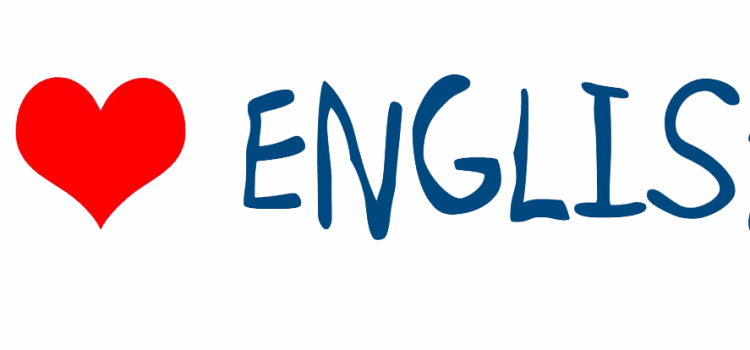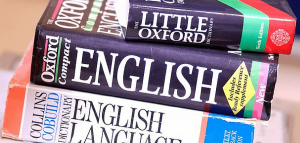
English pronunciation is one of the hardest parts of learning English, which we ignore in most cases, and the importance of which we often prioritize. As a result, we speak English with a strong Russian pronunciation, and our English-speaking interlocutor has to work hard to figure out what we still wanted to say.
Differences in spelling and pronunciation of English words
There are several aspects to the difficulty of English pronunciation. The way an English word is pronounced often does not match the way it is spelled. Despite the fact that there are only 26 letters in the English alphabet, there are almost twice as many sounds in the English language. Some English words have the same spelling, but are pronounced differently depending on the context, and some words can be pronounced exactly the same, but they have completely different meanings and are spelled differently. Moreover, the spelling of an English word does not at all tell you how the word should be pronounced. For many English words, you just have to know how the word is spelled and pronounced. Although there are certain reading rules in English, there are many more exceptions to them. That is why in dictionaries for every English word there is always a transcription that tries to indicate how this word is pronounced.
In our online course of spoken English, we did not indicate the transcription for English words, since you can easily listen to each word and compare with its spelling. You don’t need a written label for English sounds as you can hear all of these English sounds.
If you want to learn more about English pronunciation and individual English sounds, we recommend that you visit the BBC website, where you can view and listen to the pronunciation of the British version of English sounds and how they are indicated in the transcription. If you are interested in American pronunciation, visit the Rachel’s English website, where you can also listen to and watch a video explaining the peculiarities of the pronunciation of English sounds, only in their American version. This will give you a hint to understand articulation in English pronunciation.
British and American pronunciation
English pronunciation differs from country to country and even from region to region. But usually two types of English pronunciation are distinguished and taught: British English and American. The pronunciation adopted in the south of England in the districts of Oxford, Cambridge, Brighton and London is used as the standard for British pronunciation. English actors, television journalists, politicians, academics and educators also use this classic English pronunciation. The rest of the UK usually speaks their local dialects, which can be very different from standard English pronunciation. If you are interested, you can go to The British Library website and listen to examples of English pronunciation in different places in the UK.
The main difference in American pronunciation is that the letter ‛r“ is always pronounced. For example, the words farther and father in the British version will sound the same, but in the American their pronunciation will be significantly different. In British pronunciation, ‛r“ is only pronounced if there is a vowel after it (red) or if ‛r“ is at the end of a word and the next word begins with a vowel (far away). Another notable difference is the letter ‛o“, for example, in words such as dot, hot in the American version will sound more like the sound ‛a“ / ɑ: /.
To help you get a feel for the difference between these two types of English pronunciation, in our Conversational English course, we provide you with British pronunciation files and American pronunciation files. You can listen to both, or choose only one and listen to all the texts only in your chosen English pronunciation. However, we recommend that you familiarize yourself with these two types of English pronunciation, because this will enhance your listening comprehension abilities in English.
One thing remains certain – whichever version of English pronunciation you choose, you will be well understood by both the British and the Americans, since both are familiar with both types of pronunciation from films and television.


